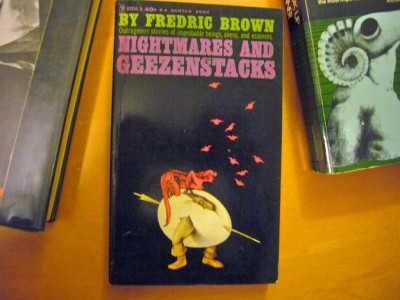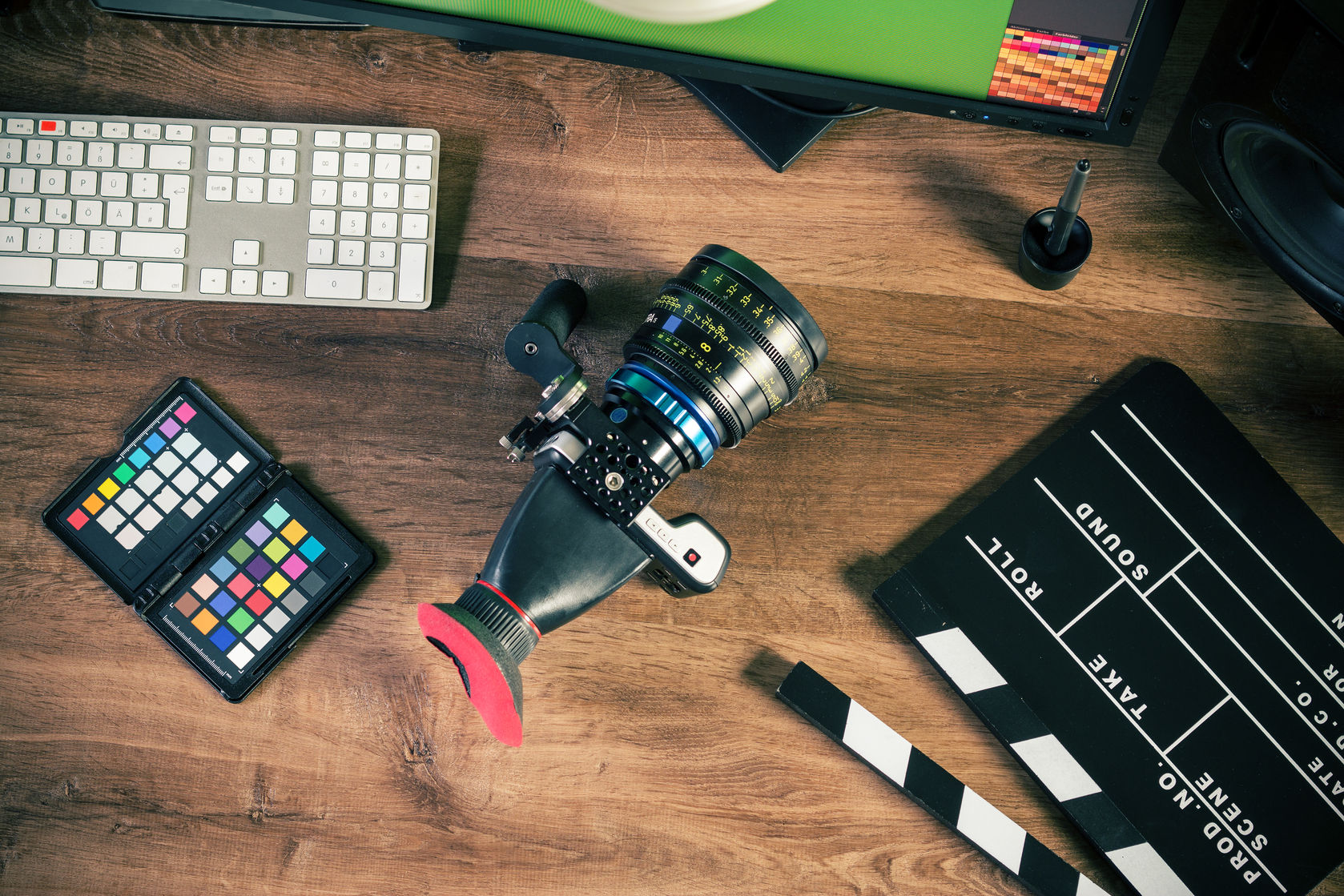As a prolific blogger and author of several books, Tammy Strobel has successfully pared down the complexity of her life to the point she not only survives, but also thrives as a full-time writer—something that is definitely not easy to do as the publishing industry is undergoing a tectonic shift. In this interview (co-posted at ePublishyourself.com), she talks about her new book, how she got started with voluntary simplicity, and the best ways to promote your work on the Internet.
A quote from Tammy Strobel’s latest book touches on the philosophy that has guided her and her husband, Logan, to pare down their possessions—and their home—to a minimalist level:
“…living simply isn’t about becoming an ascetic; it’s not about denying yourself pleasure and joy. It’s not about austerity. Instead, it’s about building a life steeped in the only precious gifts that can bring lasting happiness: time, freedom, and community. The focus is on life, not stuff.”
Lightspeed Illuminati: Your latest book, You Can Buy Happiness (and it’s Cheap), published by New World Library, has come out in both ebook and print versions. Won’t the print version encourage people to accumulate another piece of “stuff?”
Tammy Strobel: [laughs] I’m a big fan of physical books, but I don’t really hold on to them. I read something and then I give it away, either to a friend or to the libraries. But Kindles are good, too.
LI: Especially when you can have a library of 5,000 books that you can carry around and it only weighs a few ounces . . .
TS: That is pretty awesome.
LI: Would you like to talk a bit about how you got started with. . . I don’t know what term you use; some people say tiny houses, microhouses, voluntary simplicity.
TS: I refer to our simplicity journey with lots of different words, all of those words really. I love our little house. It has just been wonderful living in it. We recently towed our tiny house down the road to a little town outside Yreka, California.
LI: What have you learned from the time you wrote your first book on voluntary simplicity to the second one? Has your perspective changed very much?
TS: Oh, my gosh, definitely. I have written a few ebooks and I am only selling one right now. It is called Smalltopia, all about working for yourself. This latest book that I have written—it is definitely more in depth and more narrative-based and there is a lot of research in it. My other books have been more how-to guides and there wasn’t as much focus on storytelling. I feel like writing this print book has let me grow as a writer in a lot of good ways. It has been really fun and challenging.
LI: Can you talk a little bit about how you first got started doing ebooks?
TS: I started blogging in 2007 at the time I had no idea that I would end up writing at all. It was mainly a personal journal and I didn’t imagine myself becoming a writer as my profession and getting paid to do that.
I had always dreamed of writing, but I wasn’t sure that I could make it happen. I just kept blogging and my friends encouraged me to keep writing. It grew slowly over time and then I made the decision to basically start my own little writing business, so I left my day job in January of 2010 and I have been writing full time ever since. When I left my job, I released my first few ebooks in the first year of 2010 and they have done pretty well.
My husband and I were featured in a NY Times article in August of 2010 [But Will It Make You Happy?] and that took it to the next level, in terms of my writing. I was approached by about a dozen literary agents. They were all saying, ‘oh, you should write a book; your story is fascinating.’ I took the opportunity and ran with it. Now, basically two years later I have a print book out. It has been kind of a whirlwind [laughs]
LI: So, you worked through an agent to find a publisher for the new book?
TS: Yes, I signed with an agent. He is amazing. His name is David Fugate. I went through a vetting process with the agents that contacted me. A friend of mine who had recently published a book recommended David (who was his agent).
He was in a traditional industry and decided to leave to do his own thing, because he wanted more control over the types of books he represented. He has done a great job. I recommend an agent for authors if they end up going down the traditional publishing path.
LI: Do you see the ebooks and the blogging having opened the path to get into traditional publishing?
TS: I do. Stephanie Rosenbloom, who wrote the NY Times article that included our story, she found me through my blog. She googled simplicity and happiness and that took her to my web site. She read through the content and then contacted me. I’ve always been a big proponent of blogging because I believe that everyone has a story to tell and if you want to write, you have the tools available to do that, especially if you want to publish. It is a great way to showcase your work, connect with like-minded people, and it is fun. I love blogging.
LI: Having built up an audience with your blog, when your ebooks started coming out you already had a built-in audience out there.
TS: Yeah, definitely. If you build up a readership, some of those readers will support your written work. That is pretty amazing. I am very grateful to have readers who have supported my writing.
LI: So, writing has become your full-time profession.
TS: Yeah, it is. It is how I make money these days. I am a photographer, too, but I don’t make much off my photography. It is interesting—you don’t really have to make money to call yourself a writer or a photographer, but there is the rub: we all have bills to pay. Luckily my expenses aren’t high, which makes living as a writer fairly simple.
LI: How do you advise your readers to start simplifying their lives?
TS: Simplifying your life can actually be quite complex. [laughs] When we first started, we had a 1200-square foot apartment that was exploding with stuff: old computers, tons of clothes, random sports paraphernalia—like old skis and ski boots and cross-country skis—all that stuff was just clutter, things that we weren’t really using. It took us seven years to get to where we are now, which is living in a 128-square feet, having sold about 90 percent of our possessions. I started out doing one small thing a day. When people ask me, ‘how do I get rid of all my crap?’, my advice is always like, ‘just start with one room or even one small section of your house.’ When I started getting rid of stuff, I started with my closet. It took me about two weeks to go through my closet and I end up with six garbage bags of clothes that I took to good will. I had a lot of stuff.
As I got rid of things, I started feeling better because I was clearing the clutter out my life and I was able to help other people, too (like giving my clothes away to Good Will or an old TV to a girlfriend whose house had just burned down).
You need to try to get rid of stuff responsibly—not just trashing everything, but, really trying to find homes for things that you no longer need.
LI: You don’t have a car, do you? How do you get around?
TS: I get around by bike. About 90 percent of my trips are by bike. The other 10 percent are either public transit or using Zip cars (we were members of the zipcar sharing service before moving to the Yreka area). We’ve been car free for over four years now. The cars were the hardest things to get rid of.
LI: Can you talk a little bit about how you promoting your ebooks when you first got started and how that helped build your audience?
TS: Sure. I basically set a launch date and told everyone I was going to start selling on this date and I had been talking about the book on my blog as I was writing it. I promoted it on my web site. After blogging for so long, you start getting to know other bloggers and I developed relationships with them as friends and they helped me promote the book. Some would interview me on their web sites or I would do a guest post and at the end of the post I would have a little blurb, ‘hey, if you’re interested I have a new ebook coming out.
I’m doing something similar with my print book. I’m writing a lot of guest posts for other bloggers and doing a virtual book tour. Folks are interviewing me and talking about the book on their web site. That strategy has really worked for me in the past and hopefully it will work with the print book, too. The more exposure it can get to different audiences, the better.
LI: I wish you success with your latest book. It’s been fun talking with you.
TS: Thank you so much.
“Building our little house was an opportunity we couldn’t pass up. By taking on a little debt, our life became more complicated. But in the long run, living in the little house will enable us to focus on our relationships, our community and giving back.” Tammy Strobel, from You Can Buy Happiness (and It’s Cheap): How One Woman Radically Simplified Her Life and How You Can Too.
Follow Tammy’s adventures in simple living through her blog, Rowdy Kittens. View Tammy’s photographs in her gallery on Instacanv.as. Tiny house photo courtesy of Tammy Strobel.





